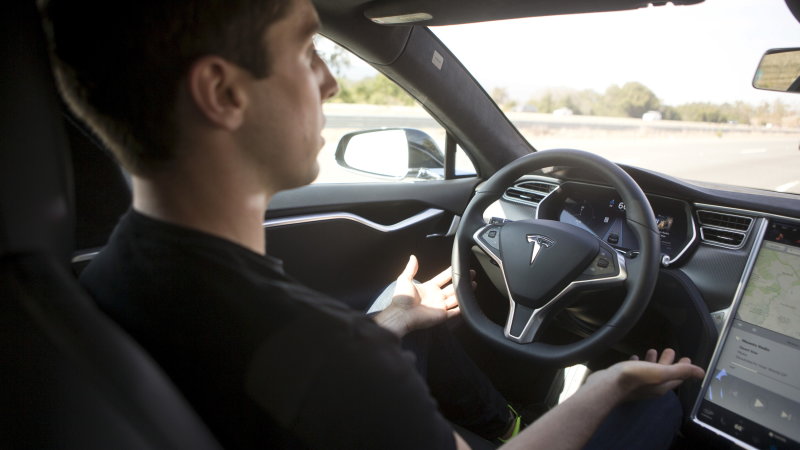Tesla Inc’s Autopilot ranks sixth out of 10 driver assistance systems evaluated in a European safety rating, and scores low on its ability to engage drivers.
The Tesla Model 3’s Autopilot only scored 36 when judged for its ability to keep the driver’s attention on the road. But it received the highest marks for performance and emergency response, with an overall score of 131 and a rating of “moderate.”
In contrast, the Mercedes GLE’s system, which had the highest overall score of 174 and the highest rating of “very good”, received a score of 85 for driver involvement. Most other vehicles had driver engagement scores of 70 or higher.
The European New Car Assessment Program (NCAP), which partnered with British insurance group Thatcham Research, called the reviews the first consumer reviews specifically targeting driver assistance systems – technology that automates some tasks, including acceleration, braking and steering assistance.
Safety and insurance researchers have regularly warned of the risks posed by consumers overestimating the capabilities of the systems, a misconception that is compounded by the fact that some automakers call their products Autopilot, ProPilot or CoPilot.
Tesla’s Autopilot has been criticized by the US National Transportation Safety Board for allowing drivers to turn their attention off the road, and US regulators have investigated 15 accidents involving Tesla vehicles equipped with Autopilot since 2016.
“Unfortunately, there are drivers who think they can buy a self-driving car today. This is a dangerous misconception where too much control is put on vehicles that are not ready to handle all situations,” said Matthew Avery, a board of directors of Euro NCAP. member and research director at Thatcham Research.
In addition to the Mercedes GLE, the BMW 3 Series and the Audi Q8 received the highest “very good” rating, while two models, the Renault Clio and the Peugeot, received the lowest “entry level” rating.
